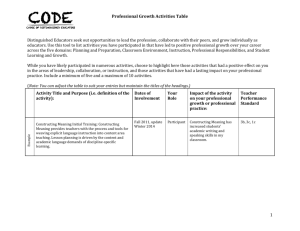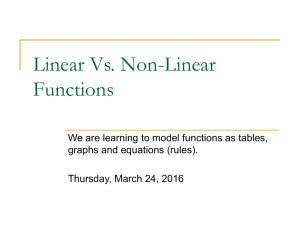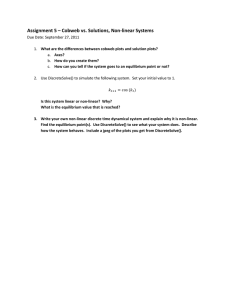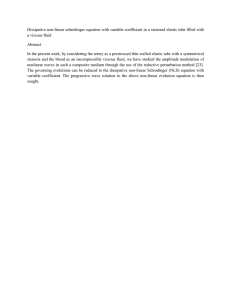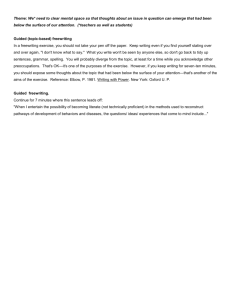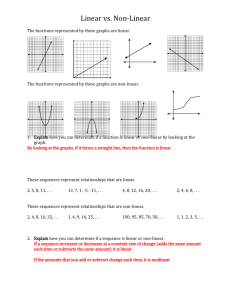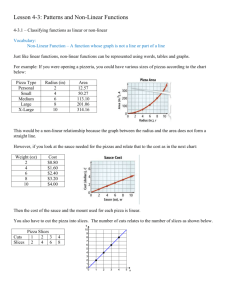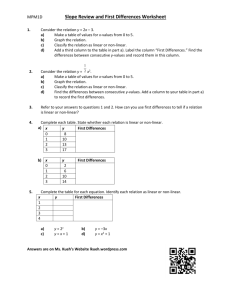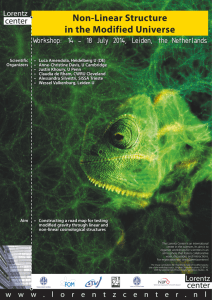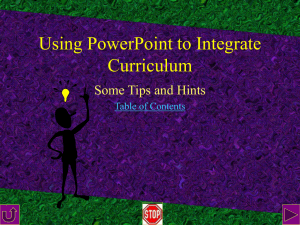Academic Writing for Social Sciences and Humanities
advertisement
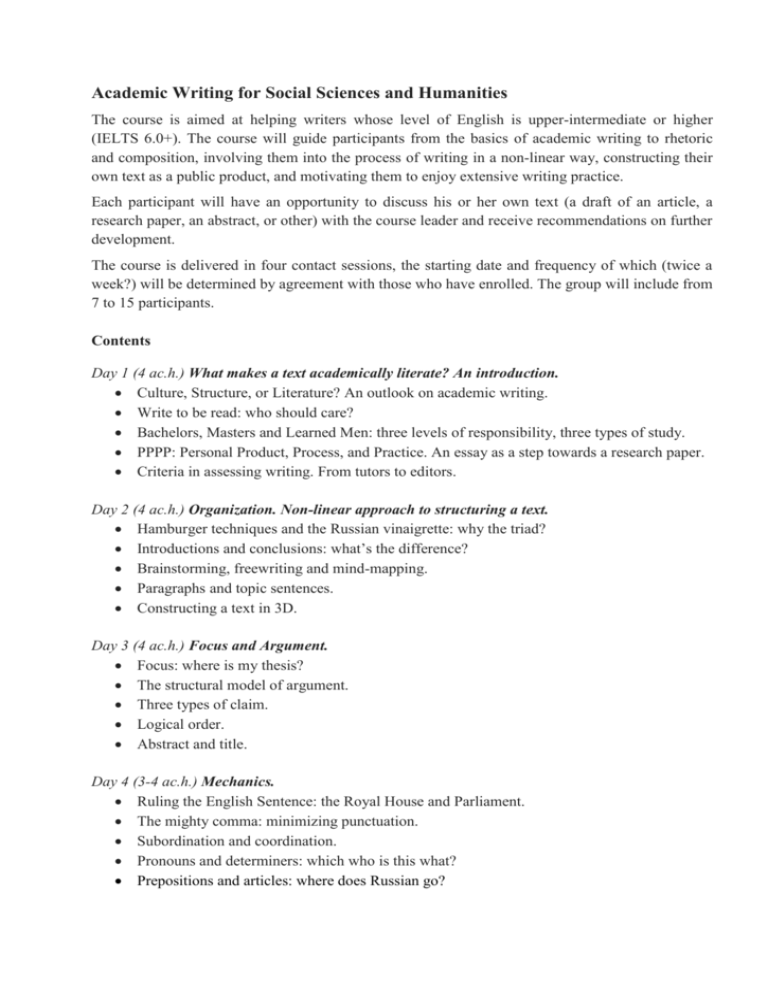
Academic Writing for Social Sciences and Humanities The course is aimed at helping writers whose level of English is upper-intermediate or higher (IELTS 6.0+). The course will guide participants from the basics of academic writing to rhetoric and composition, involving them into the process of writing in a non-linear way, constructing their own text as a public product, and motivating them to enjoy extensive writing practice. Each participant will have an opportunity to discuss his or her own text (a draft of an article, a research paper, an abstract, or other) with the course leader and receive recommendations on further development. The course is delivered in four contact sessions, the starting date and frequency of which (twice a week?) will be determined by agreement with those who have enrolled. The group will include from 7 to 15 participants. Contents Day 1 (4 ac.h.) What makes a text academically literate? An introduction. Culture, Structure, or Literature? An outlook on academic writing. Write to be read: who should care? Bachelors, Masters and Learned Men: three levels of responsibility, three types of study. PPPP: Personal Product, Process, and Practice. An essay as a step towards a research paper. Criteria in assessing writing. From tutors to editors. Day 2 (4 ac.h.) Organization. Non-linear approach to structuring a text. Hamburger techniques and the Russian vinaigrette: why the triad? Introductions and conclusions: what’s the difference? Brainstorming, freewriting and mind-mapping. Paragraphs and topic sentences. Constructing a text in 3D. Day 3 (4 ac.h.) Focus and Argument. Focus: where is my thesis? The structural model of argument. Three types of claim. Logical order. Abstract and title. Day 4 (3-4 ac.h.) Mechanics. Ruling the English Sentence: the Royal House and Parliament. The mighty comma: minimizing punctuation. Subordination and coordination. Pronouns and determiners: which who is this what? Prepositions and articles: where does Russian go?
